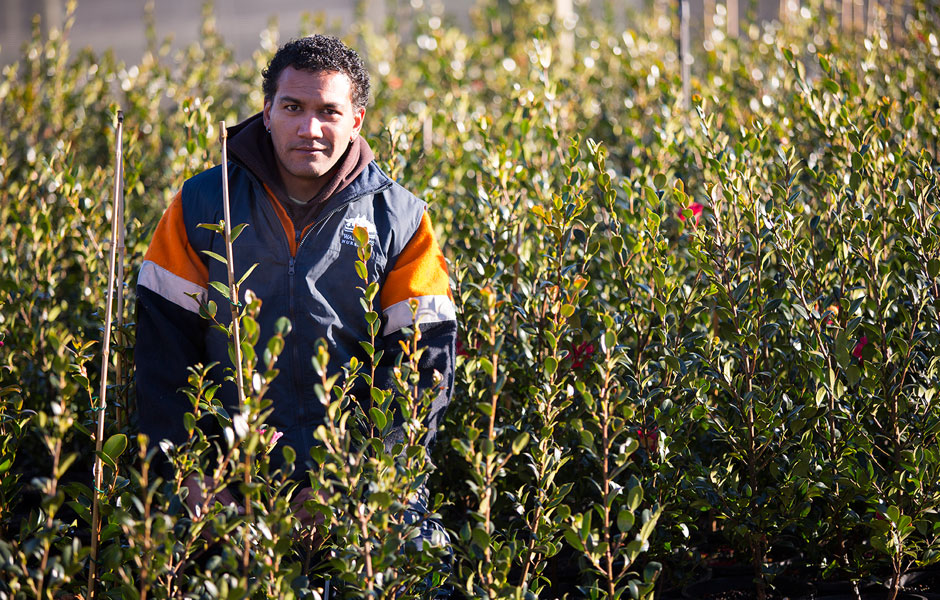Nursery and garden industry plan for an electronic future
The nursery and gardening industry has been taking a closer look at ways to improve biosecurity.
Nursery & Garden Industry Victoria (NGIV), Greenlife Industry Australia and 11 nursery companies joined the Victorian Government funded ‘Strengthening industry involvement in biosecurity management’ pilot project.
The aim of the project was to identify opportunities for industry to increase their involvement in the management of domestic biosecurity. This included identifying areas for improvement within the current biosecurity system.
Quality plant production relies on good biosecurity. It is the backbone of an industry that supplies plants for landscapes and homes, seedlings for veggie production and fruit trees for orchards.

Reimaging the future of biosecurity
One of the pilot project activities included a workshop led by NGIV for industry partners.
Participants were invited to imagine ‘blue sky’ scenarios. What if all restrictions were taken away – money, budget, government approvals and legislation? Participants asked themselves, ‘What do I need to improve on current biosecurity systems being used in the gardening and nursery industry?’
Out of 17 possible recommendations – the participants identified the need for a national online biosecurity portal for plants.
A challenge facing everyone involved in strengthening Victoria’s biosecurity system is identifying how to move from the manual, labour-heavy processes and disconnected data systems currently being used to a desired future that would feature an easy to use, smart electronic plant certification system.
NGIV Policy and Technical Manager David Reid said the industry is eager to make sure that any new systems put in place talk to each other, that they are interoperable, and that it is easy to manage their certification without duplication.
“Industry peak bodies like NGIV are well positioned to let the rest of our industry network and members know what they need to do to follow biosecurity regulations. By state government improving their systems, and how our businesses interact with them, adherence to these requirements will be made significantly easier,” he said.
“The industry rates as some of its top business challenges as: incurred and increasing costs; disrupted market access; and loss of trade. So, replacing manual certification and other processes with a customer-facing plant health certification portal would mean savings in the tens of thousands for some businesses in fees and staff time.”
Developing a Plant Biosecurity Portal
Agriculture Victoria is currently developing an easy-to-use online system where growers will be able to book and pay for permits, certificates and assurances, access useful information and see their business certification history.
“We’re putting the fundamentals in place, with the right fields that will enable integration when a national digital solution is established,” said Agriculture Victoria Biosecurity Services Executive Director Katherine Clift.
“This first phase will give Victoria a digital plant biosecurity portal that will enable connections to future features such as electronic plant health assurance certificate applications, enabling tracking and tracing.”
The portal is currently being designed and is expected to be ready for customer use in 2024.
Learn more
Discover all 17 recommendations made by the nursery and garden industry by requesting the full report. Email biosecurity.strategy@agriculture.vic.gov.au.
Funding for the ‘Strengthening industry involvement in biosecurity management’ pilot project is part of the $28 million investment into the Strengthening Victoria’s Biosecurity System Program.
Useful links
Access these sites for more information on biosecurity: